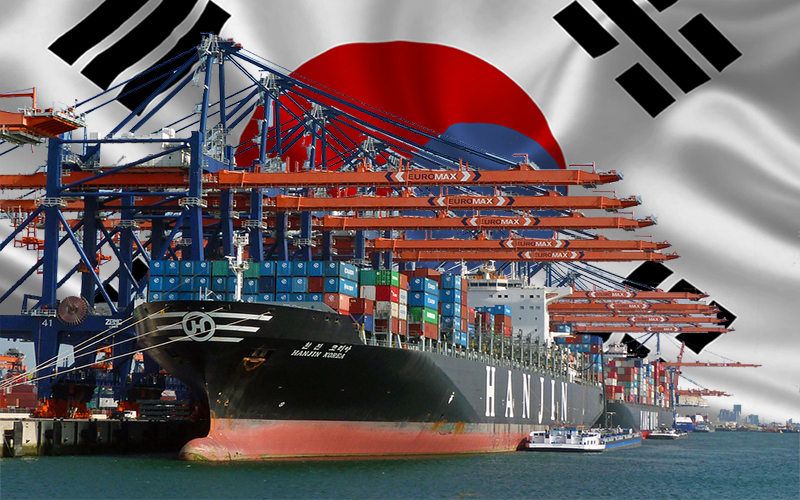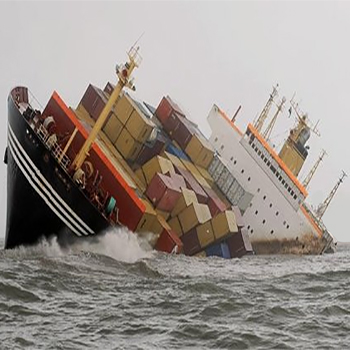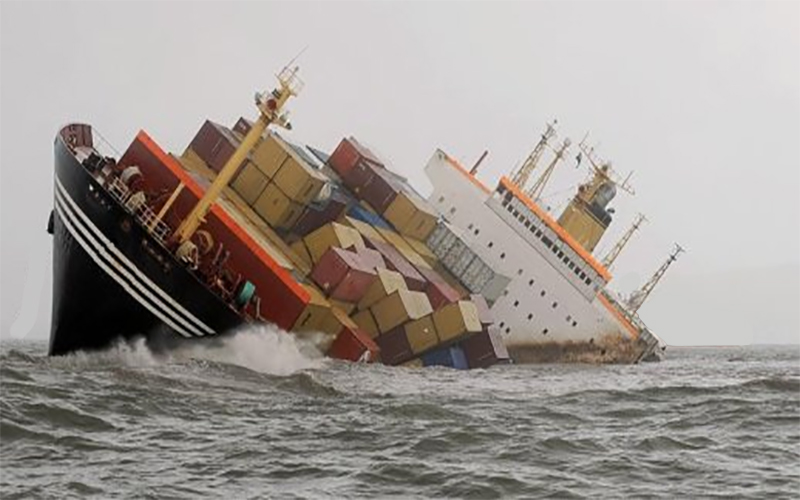The collapse of Korean shipping giant Hanjin grabbed headlines last month but there is little talk about the potential economic impacts.
Aside from the problems that the lack of deliver may cause in the global supply chain, the bigger problems might come from the loss of capacity and back-up of orders due to the closure.
Bloomberg spoke with the chief executive of Seaspan, which is a North American marine transportation company on the West coast of North America primarily in tugboats and barges.
“The fallout of Hanjin Shipping is like Lehman Brothers to the financial markets,” Gerry Wang said.
“It's a huge, huge nuclear bomb. It shakes up the supply chain, the cornerstone of globalization.”
“There's a tremendous flight to safety,” he said. “Freight rates have shot up like crazy over the short term.”
Here are some Hanjin Shipping numbers to ponder:
- There are 93 ships stranded
- They're in 51 ports
- In 26 countries
- The cargo's estimated value is $120 billion
Adam Button reporting for ForexLive says “I haven't seen one economist yet talk about the potential skews due to the closure. It may only amount to a kink in import/export data, or nothing at all. But seeing as how an 8-day strike in California ports skewed economic data for months and that Hanjin handled 8% of US Pacific trade, I'm guessing there will be some impacts.”
The US Department of Agriculture also stated that Hanjin's bankruptcy would cause shipping difficulties for the next 2 to 3 months.
Even if it's only a dip that's recovered in the next month or two, that still muddies the economic waters.
And in more Hanjin Shipping bankruptcy development, Gavin van Marle from The Loadstar reports that a group of bunker suppliers and tug operators and one of the world’s largest container leasing companies have launched a joint request to the US bankruptcy court to allow them to arrest Hanjin-operated vessels due to call at US ports.
The group, initially comprising towage service providers Moran and McAllister and bunker suppliers OcaenConnect, Glencore Singapore and Chemoil, have been joined by Textainer in the application to the US bankruptcy court of New Jersey.
They want the court to reconsider its ruling that Hanjin-chartered ships are not subject to arrest at US ports as its bankruptcy proceeding under South Korean law effectively gives its vessels, as well as those it charters Chapter 11 protection.
According to the filings, Textainer is owed over $4m in unpaid rental fees on the 20,000 containers it leased to Hanjin and is expecting further debts for recovery costs as well as for lost and destroyed boxes.
Related: Sign of Industry in Trouble - Korea’s Hanjin Shipping

Article topics
Email Sign Up

















